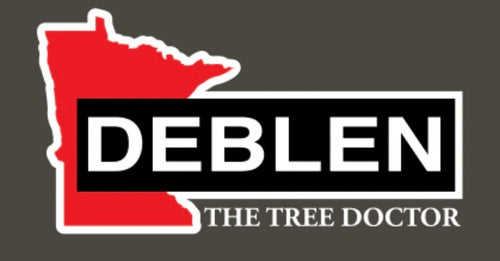All of Eartheart Naturals’ plant foods available on good natured market.com include “mycorrhiza” in the Ingredients lists.
What are Mycorrhizal Fungi?
From the U of Ok website:
Mycorrhiza, which means “fungus-root,” is defined as a beneficial, or symbiotic relationship between a fungus and the roots of its host plant. This relationship is a natural infection of a plant’s root system in which the plant supplies the fungus with sugars and carbon and receives water and/or nutrients in return. This type of relationship has been around since plants were created on the earth. There are several thousand different species of mycorrhiza fungi.
Two types: ecto and endo mycorrhizae
Endomycorrhizal fungi benefit not only a large number of desert plants, but a majority of the plants in the world, 80-90% in fact. Which would be why it’s important for your vegetable garden and flower gardens.
Ecto are more inclined to work with woody plants and trees, although there are exceptions on both sides.
InterestingLy, There are some plants that don’t need myco’s. These include azalea, beet, blueberry, broccoli, Brussels sprouts, cabbage/kale, carnation, cauliflower, collards, cranberry, heath, huckleberry, mustard, protea, rhododendron, sedge and spinach.
The main benefit mycorrhizal fungi provide is access to large amount of water and nutrients (particularly nitrogen, phosphorus, zinc, manganese and copper). This is because the hyphae increase the root surface area of absorption from soil. The mycorrhizal hyphae are smaller in diameter compared to plant roots and can reach areas unavailable to the roots. Other reported benefits of the mycorrhiza include:
- Increased pathogen resistance
- Increased drought and salinity stress tolerance
- Higher transplanting success
- Increased crop yield with enhanced flowering
- Increased water and nutrient uptake
- Improved soil structure
